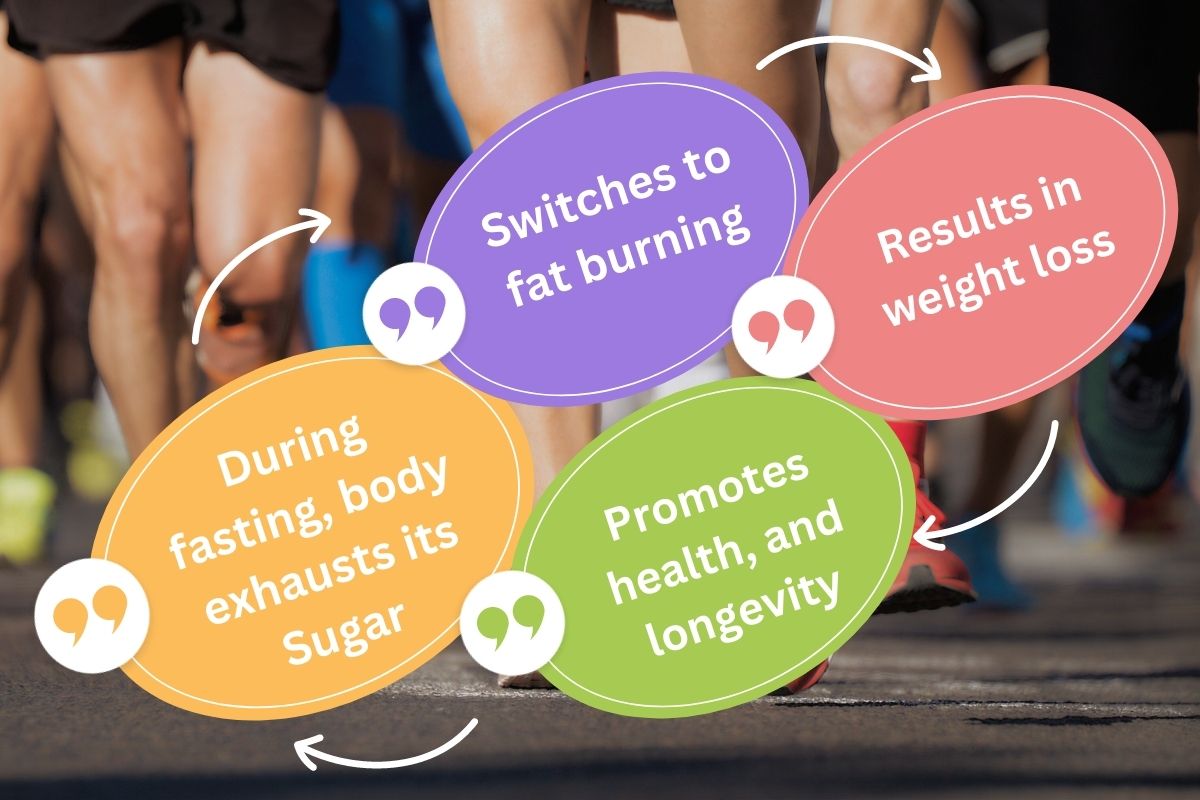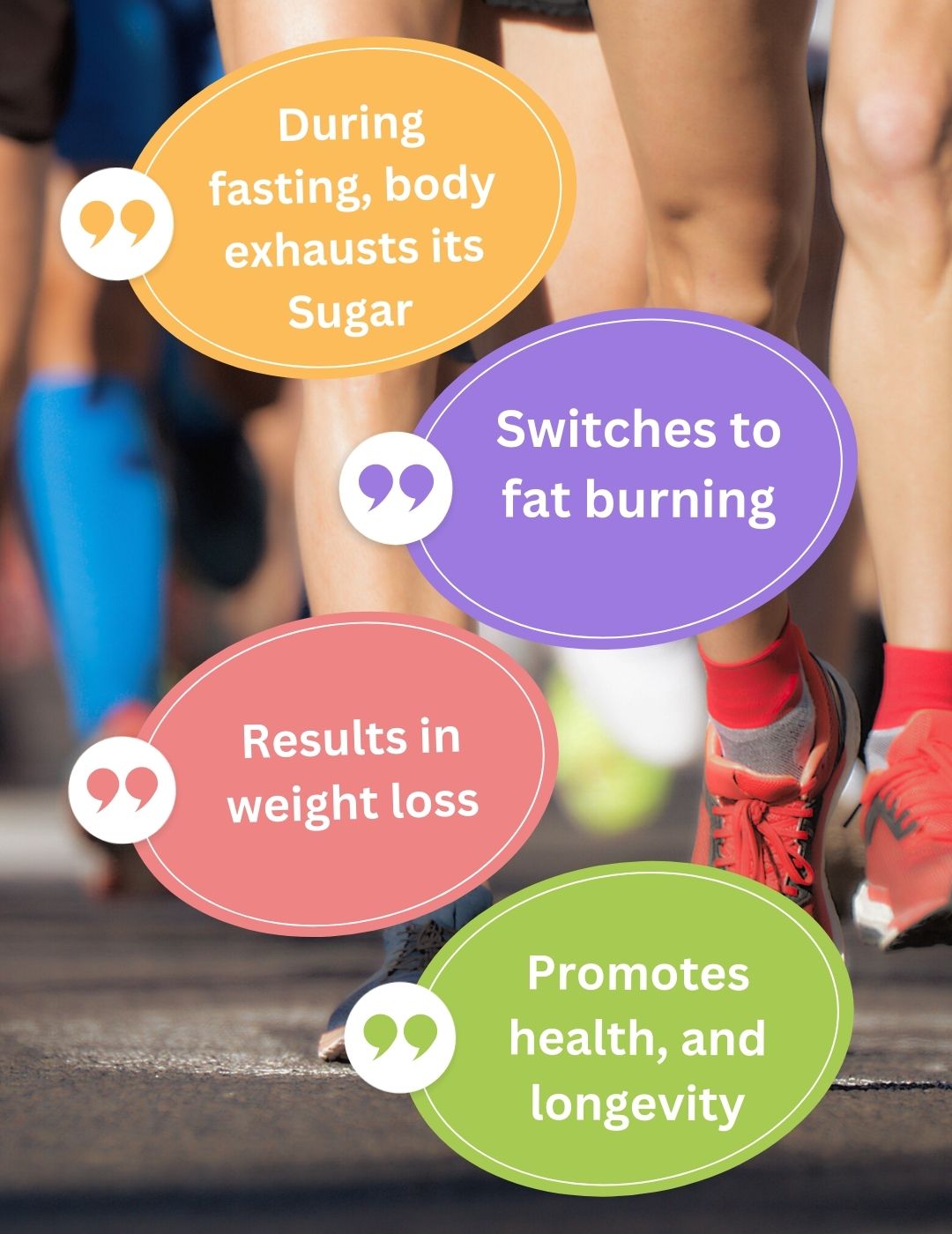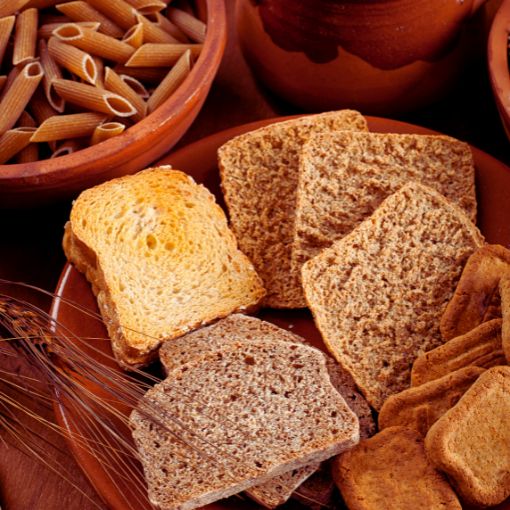Intermittent Fasting: A Beginner's Guide to Weight Loss, Health, and Longevity
Intermittent fasting has become a buzzword in the health and wellness community, but what exactly is it?
Simply put, intermittent fasting is an eating pattern that alternates between periods of fasting and eating. It's not a diet, but rather an eating strategy that focuses on when to eat rather than what to eat. By giving your body designated fasting windows, you provide it with an opportunity to tap into its fat stores, boost metabolism, and experience a wide range of health benefits.
The Science Behind Intermittent Fasting


Now, let's dive into the fascinating science that supports the effectiveness of intermittent fasting. During fasting periods, your body exhausts its glycogen stores and switches to fat burning as its primary source of fuel. This metabolic shift not only aids in weight loss but also enhances cellular repair, reduces inflammation, and promotes longevity. Additionally, intermittent fasting has been linked to improved insulin sensitivity, reduced risk of chronic diseases such as diabetes and heart disease, and enhanced brain function.
How to Start Your Intermittent Fasting Journey
Are you ready to take the leap and incorporate intermittent fasting into your lifestyle? Here are some practical steps to get you started:
Choose the Fasting Method: There are several popular intermittent fasting methods, such as the 16/8 method, where you fast for 16 hours and limit your eating to an 8-hour window. Find a method that suits your schedule and preferences.

Listen to Your Body: It's essential to listen to your body and adjust the fasting and eating windows based on how you feel. Gradually ease into longer fasting periods and pay attention to any signs of discomfort.

Stay Hydrated: During fasting periods, it's crucial to stay hydrated by drinking water, herbal tea, or black coffee. Hydration helps curb hunger and keeps your body functioning optimally.

Focus on Nutrient-Dense Foods: When breaking your fast, prioritize whole, nutrient-dense foods such as lean proteins, fruits, vegetables, whole grains, and healthy fats. These foods will nourish your body and support your overall health.
Now, let's discuss the types of foods that can maximize the benefits of intermittent fasting:

Lean Proteins: Incorporate lean proteins like chicken, turkey, fish, tofu, and legumes into your meals. Proteins help build and repair tissues, promote satiety, and maintain muscle mass.

Colorful Fruits and Vegetables: Fill your plate with an array of colorful fruits and vegetables that are rich in vitamins, minerals, and antioxidants. These nutrient powerhouses support cellular health, boost immunity, and provide essential fiber.

Whole Grains: Opt for whole grains like quinoa, brown rice, oats, and whole wheat bread. Whole grains are packed with fiber, which aids digestion, regulates blood sugar levels, and promotes a feeling of fullness.

Healthy Fats: Include sources of healthy fats like avocados, nuts, seeds, and olive oil in your diet. These fats provide energy, support brain health, and help absorb fat-soluble vitamins.
Addressing Common Concerns and FAQs about Intermittent Fasting
Let's address some common questions and concerns you may have about intermittent fasting:
Q1: Will I feel hungry all the time during fasting periods?
A: It's normal to experience hunger during fasting periods, especially when you're starting. However, your body will gradually adapt, and the hunger pangs will diminish. Staying hydrated, consuming fiber-rich foods, and ensuring balanced meals during eating windows can help manage hunger.
Q2: Can I still exercise while fasting?
A: Yes! Moderate exercise during fasting periods is generally safe and can even enhance the benefits of intermittent fasting. However, listen to your body and adjust your workout intensity if needed.
Q3: Is intermittent fasting suitable for everyone?
A: Intermittent fasting may not be suitable for certain individuals, such as pregnant or breastfeeding women, people with a history of eating disorders, or those with underlying medical conditions. It's always wise to consult with a healthcare professional before starting any new dietary approach.
Unlock the Potential of Intermittent Fasting: Join the Transformative Journey Towards Optimal Health and Wellness
Congratulations on taking the first step toward embracing intermittent fasting as a powerful tool for achieving optimal health and wellness. Remember, this is a journey, and with every small step, you're inching closer to a healthier, happier you. Stay consistent, be mindful of your body's needs, and celebrate the positive changes along the way.
Now, over to you! What questions do you have about intermittent fasting? Are you ready to embark on this transformative journey? Share your thoughts, experiences, and questions in the comments section below. Let's support and inspire each other as we unlock the potential of intermittent fasting together!
Disclaimer: The information provided in this blog is for educational purposes only and should not be considered as medical advice. Please consult with a healthcare professional before making any dietary changes or starting intermittent fasting.